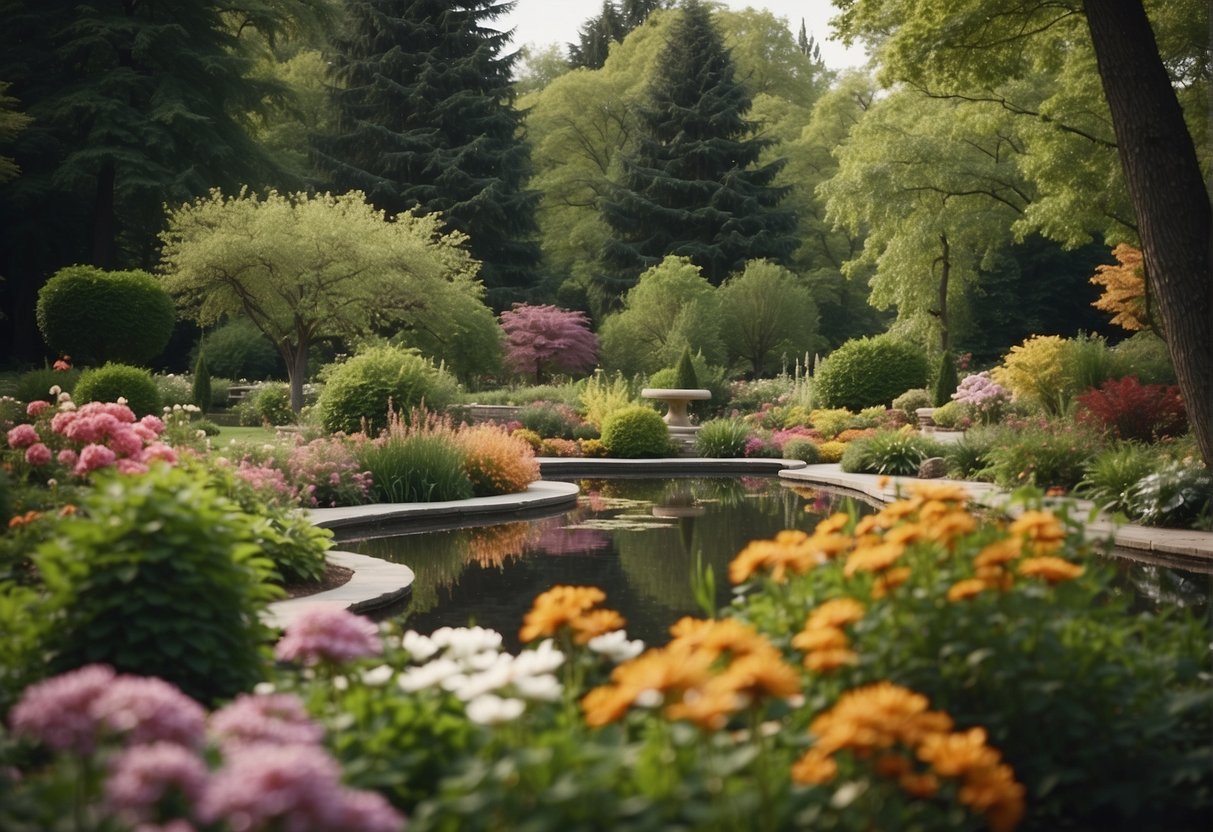
The Foundations of Garden Therapy
Garden therapy is established on the premise that interaction with plants and nature can significantly contribute to a person’s physical and mental well-being. By fostering a deep connection with the natural world, garden therapy taps into the innate human desire for greenery and growth, which can lead to numerous health benefits.
Understanding the Healing Power of Nature
Nature’s influence on human health is profound, as it taps into our evolutionary bond with the natural world, a concept known as biophilia. This connection has been shown to encourage relaxation and stress reduction. Engaging with nature through activities such as gardening can trigger positive physiological effects, lower anxiety, and enhance mood. It’s more than just an aesthetic experience; it’s an immersive interaction that grounds individuals in the calming presence of the natural environment, promoting a sense of calm and resilience.
Horticulture and Mental Health
Horticulture activities serve as a form of nature therapy, positively impacting mental health by decreasing levels of stress and depression. The act of nurturing seeds into plants offers a meditative practice, encouraging mindfulness and present-moment awareness. Gardening provides a unique form of creative self-expression and personal growth, which are integral for emotional well-being. It also fosters social interaction and community building, contributing to a support network that underscores the therapeutic process.